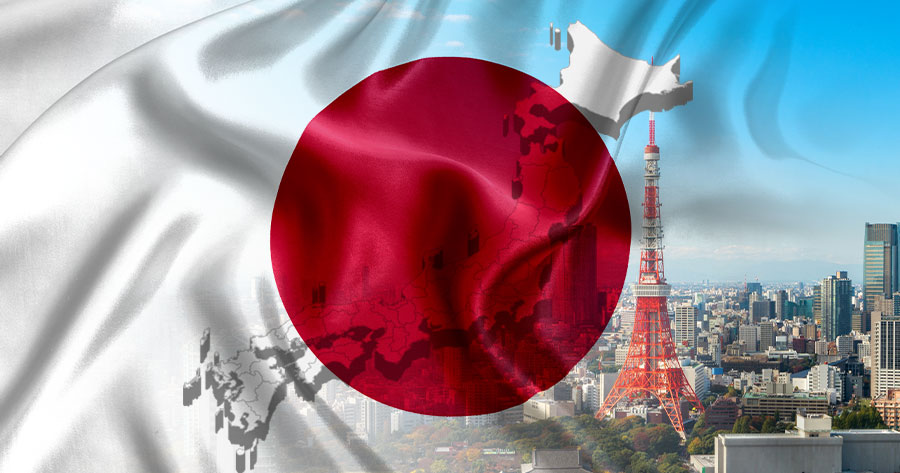Tokyo saw its inflation rate drop below 2% for the first time in five months, primarily impacted by energy prices, against the backdrop of an upcoming general election and the Bank of Japan analyzing data for its policy decision in the following week.
Consumer prices, excluding fresh food, in the capital rose by 1.8% in October, marking the second consecutive month of deceleration, slightly surpassing economists’ expectations of 1.7%. The slowdown was mainly driven by subdued growth in energy prices, with government subsidies for energy costs pulling down the overall price index by 0.51 percentage point in October.
However, experts believe that this weaker price momentum, largely influenced by already known technical factors, is not likely to significantly impact the BOJ’s imminent policy decision. Sources familiar with the matter report that officials are inclined towards holding off on raising interest rates this month, with plans to increase rates at a later stage.
According to Takuya Hoshino, chief economist at Dai-ichi Life Research Institute Inc., the results from Tokyo’s recent inflation data are considered neutral in terms of the BOJ’s policy outlook.
The majority of BOJ watchers, as indicated by the latest Bloomberg survey, do not foresee any changes in October, with half anticipating a rate hike in December. The board is scheduled to reveal the results of its two-day meeting the following Thursday.
Meanwhile, a more comprehensive price measure that excludes energy prices surged to 1.8% in October from 1.6%, indicating a sustained underlying inflationary momentum.
Additionally, service prices in October also increased by 0.8% compared to the previous year, up from 0.6%. This uptick encompassed postal fees, with Japan Post Co. implementing a 30% hike in rates for regular mail, marking the first adjustment in three decades.





